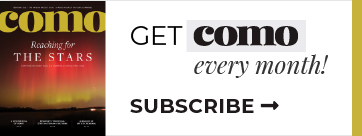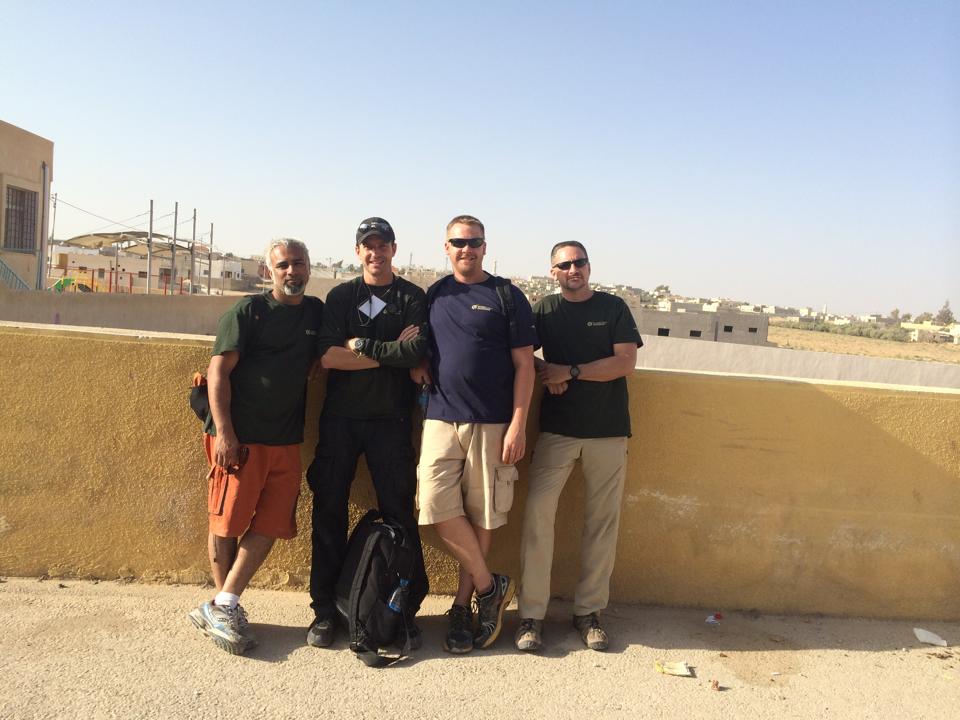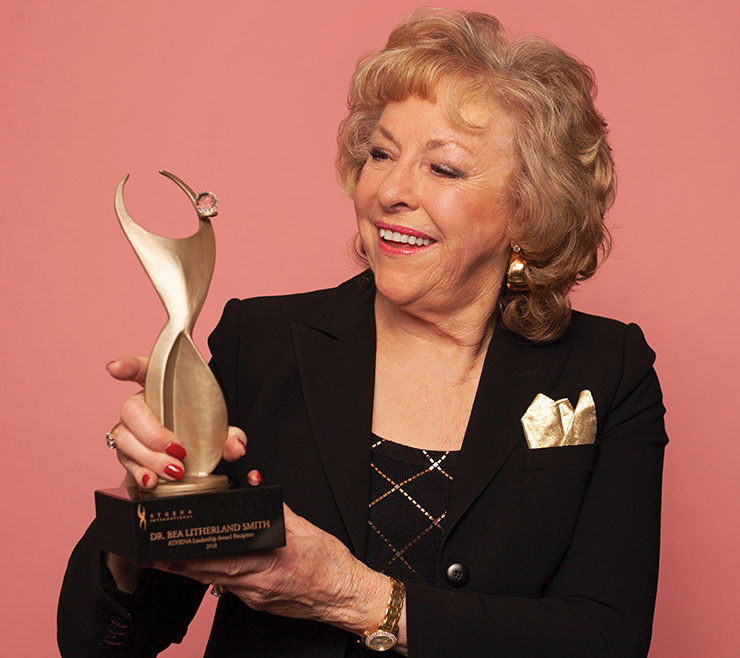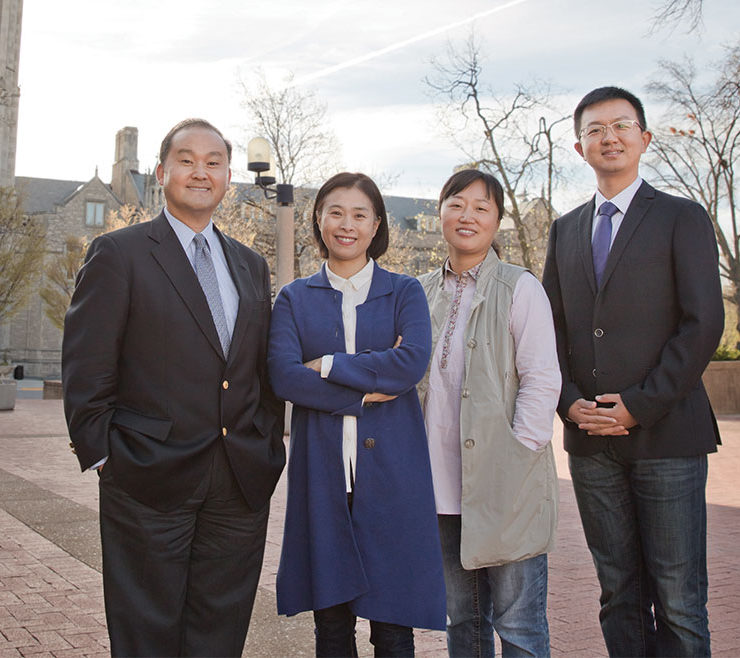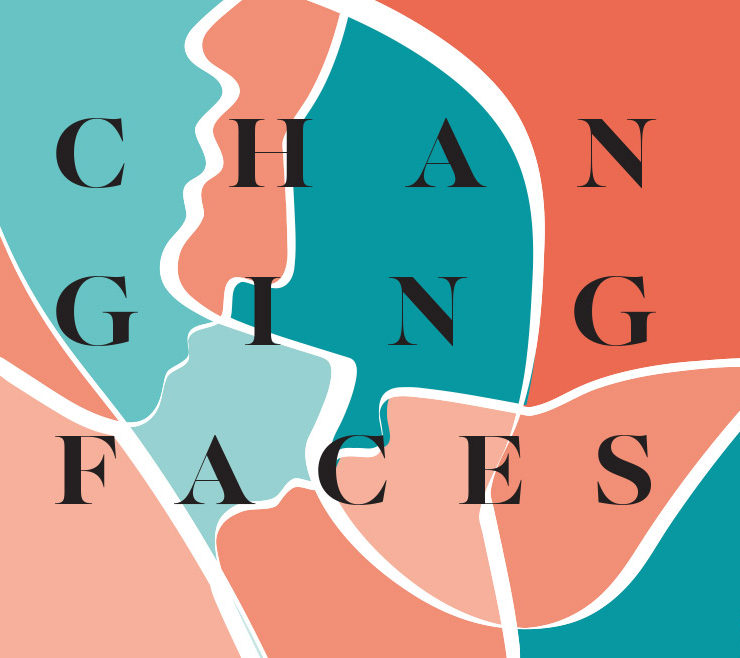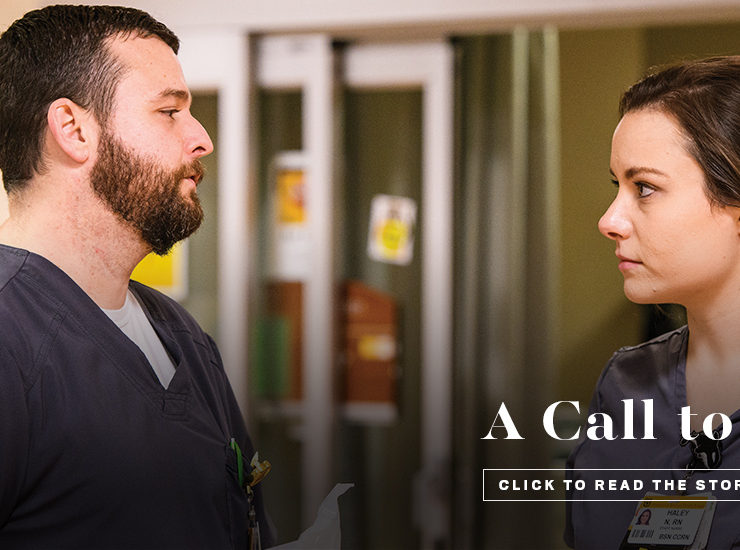The Strength Behind the Mission
 Adam Beckett knows firsthand the benefits of being flexible and open minded.
Adam Beckett knows firsthand the benefits of being flexible and open minded.
When he isn’t working as the Director of International Medicine at MU, Adam balances being an independent contractor in Texas helping fill in the gaps for short-staffed ERs. But the new experiences that the traveling entails are nothing compared to what Adam sees while in the field for his other job.
Adam founded and runs Global First Responder, a website aggregating information on relief agencies around the world and, more importantly, sharing the stories from those who have helped in regions in need.
The most recent story Adam will add to the site is about his mission trip to Jordan that he took from June 11 to June 19, 2014. His team members included fellow Columbia residents Matt Ford, Rick Baker and Stacey Lake, all with varying specialties and skills to bring on the trip.
Whether they were assisting with clinical care or building furniture to further the medical services of the camp they were assisting, the team kept busy serving Syrian refugees taking shelter across the border.
For Adam, this job entailed getting up at 7 a.m. each morning, eating a team breakfast, loading the vehicles with gear and driving anywhere from 45 minutes to an hour and a half to various satellite refugee camps each day.
But it doesn’t faze him.
“We’ve been doing this long enough now where we kind of just are used to jumping on scene and adapting to the situation at hand,” Adam says. “With experience, it has become second nature now.”
The Journey
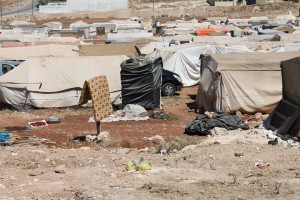 Partnering with Salaam Cultural Museum of Seattle, the team had been sent to work at Zaatari, the second largest refugee camp in the world. But due to security issues, the team was sent to other smaller camps around Jordan’s capital, Amman and the Syrian border. These camps were not sponsored by the United Nations, so their needs were at times even more critical, Adam says.
Partnering with Salaam Cultural Museum of Seattle, the team had been sent to work at Zaatari, the second largest refugee camp in the world. But due to security issues, the team was sent to other smaller camps around Jordan’s capital, Amman and the Syrian border. These camps were not sponsored by the United Nations, so their needs were at times even more critical, Adam says.
“It actually worked out better because these were people much more in need,” he says. “There was a lot less food, water and supplies coming in. One camp didn’t even have a water source at all. You never know what you’re getting into with these camps, so you show up and try to work with them.”
The team, accompanied by translators, traveled to a total of four different camps during their trip where Adam, Stacey and Rick put their medical training to use and Matt helped with maintenance issues.
Pictured Above: The Global First Responder staff on site: (L-R) Allister Ramoo, media relations consultant; Adam Beckett, founder; Matt Ford, director of community building; Rick Baker, team recruitment and health education coordinator.
Matt is a realtor with his own business and saw a variety of tasks that needed his expertise with repair.
“The dental team had chairs but didn’t have tables to put their instruments on,” he says. “They were literally on rough terrain putting sterilized tools on suitcases with a cover that kept falling over, so they asked me to build tables.”
However, Matt didn’t just build tables for the minor extractions the accompanying dental team performed. He was also asked to build short tables with holes that essentially served as toilets for the elderly. Other times, he says, Matt would repair things in buildings or build a sand pit for the refugee children to play in.
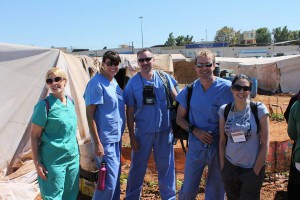 For Rick, a trained flight paramedic, Stacey, a university ER nurse, and Adam, who is an MU adjunct professor of emergency medicine, their tasks differed. Rick primarily helped with the humanitarian tents and assisted with triage while Adam and Stacey helped with various tasks in the clinic. For the most part, immediate life-and-death situations were not too prevalent.
For Rick, a trained flight paramedic, Stacey, a university ER nurse, and Adam, who is an MU adjunct professor of emergency medicine, their tasks differed. Rick primarily helped with the humanitarian tents and assisted with triage while Adam and Stacey helped with various tasks in the clinic. For the most part, immediate life-and-death situations were not too prevalent.
“From what I understand, the Syrians had a good medical system before the war,” Adam says. “(The refugees) were on the right medications. They just didn’t have them anymore. There were a lot of chronic medical issues. We took care of their needs with high blood pressure, diabetes, and a lot of pediatric and maternity care.”
But the gravity of the situation was still very severe, Matt says. People in Jordan were stuck until further notice, unable to obtain jobs until the war ends.
“Jordan has been really taking care of these refugees the best they can, and it’s a lot to take care of. There’s still refugees coming in day to day. The Jordanian culture is very apt to helping them, but it’s too much for one country to handle. It was apparent to us that there was a big need for outside help.”
Preparation and Execution
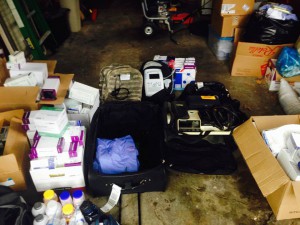 Adam says mission trips like these take around six months to prepare for from approaching other organizations to partner with to ironing out the logistical details of travel.
Adam says mission trips like these take around six months to prepare for from approaching other organizations to partner with to ironing out the logistical details of travel.
Last February, he went to Haiti. This November, he’ll go to Ethiopia, a trip he’s already planning extensively.
“Every mission trip has been different,” he says. “Some have been humanitarian relief while some we actually come in and provide a primary care clinic to an underserved area. Another situation might be a larger scale humanitarian relief work like the refugee crisis or medical care after an earthquake.”
Sponsoring local businesses, such as media advertising company AdKarma, usually help the trips raise money through community fundraisers. Clinics also donate supplies, and social media does a good job spreading the word about their experiences afterward. The latter task is something that Adam views as especially important.
“The trip to Jordan just inspired us more to get more involved,” he says. “A lot of times it’s hard to realize how fortunate we are back here. We’re really aiming to bring more awareness to how big of a need there is around the world.”


